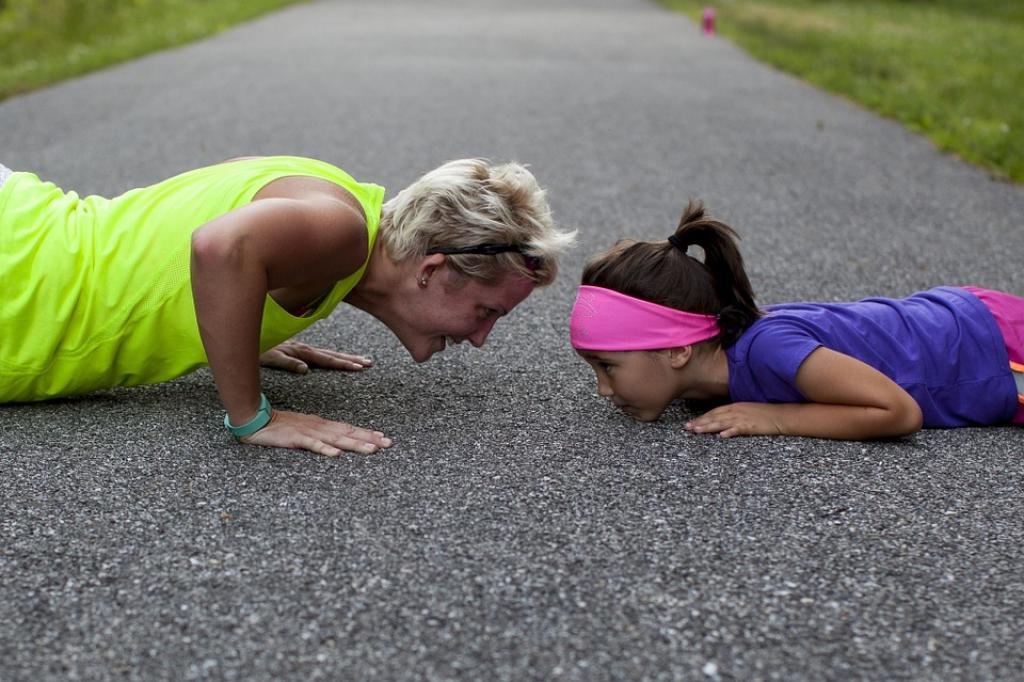International Geneva has long been regarded as the seat of global health; and now following the launch of the Geneva Gender Champions in July 2015, the multilateral city of diplomacy and action is fast becoming the global standard-bearer on gender equality.
Currently, over 110 heads of International Organisations and Permanent Missions have taken the Geneva Gender Champion (GGC) pledge for parity. The pledge manifests itself most publically with a commitment to end all-male panels - something that was sadly not achieved at this year’s World Health Assembly where on one given day there were four #allmalepanels on global health topics.
On International Women’s Day 2016 our Director Philippe Burrin announced the Graduate Institute’s commitments to the GGC in opening remarks of the inaugural Geneva Gender Debate hosted by the Gender Centre. In addition to ensuring gender inclusiveness in all panels at the Graduate Institute, Professor Burrin also committed to strengthening capacities for gender-related research.
Both the Gender Centre and the Global Health Centre have risen to meet the challenge in response to our institutional leadership. In early May the Gender Centre, together with the French Mission in Geneva, kicked off the GGC impact group on “International Fora” tasked with spearheading gender equality activities across the many international assemblies and governance gatherings that take place in Geneva annually.
Around the corner from this launch, at the Palais des Nations was World Health Assembly 2016 and the first opportunity to raise awareness and initiate action. With support from the GGC and leveraging GHC networks with a dynamic group of Women Leaders in Global Health based in Washington DC the gender ball was kicked into play at WHA69.
The result: the first “Women Leaders in Global Health: Making our Voices Heard” Dinner and Roundtable Discussion which brought collaboration between the Global Health Council, Women in Global Health, GE and the United Nations Foundation. The event was attended by the Global Health Centre’s Director Ilona Kickbusch and by Dr Claire Somerville, Executive Director of the Gender Centre.
But an event is not enough and the GGC action-oriented modus operandi encouraged Women Leaders in Global Health to go a step further before close of business at the WHA69. One simple and easily achievable goal stood out: commitment to sex-disaggregated data in all peer-reviewed journal publications – a standard practice in publications in animal sciences. A rapid informal consultation with global experts around the Serpentine café at the Palais des Nations one early morning at the WHA established agreement on the tactical aspects of this issue and advice on where to begin the call to action. Our group of women leaders have called on editors of the world’s leading international journals in medicine and health to change their policy and make sex-disaggregated data a requirement for all publications and part of the criteria for gold standard evidence.
The impact of such a move, like that of the panel parity commitment, would be felt immediately and would mark a step change in all spheres of research and policy making. Sex-disaggregated data is a movement that will soon become a norm; it is a no-brainer for good science and critically demanded by the 2030 Sustainable Development Goals. So watch this space and be ready to accelerate the field of gendered global health analyses.
Written by Claire Somerville, Executive Director, Gender Centre, the Graduate Institute, Geneva


